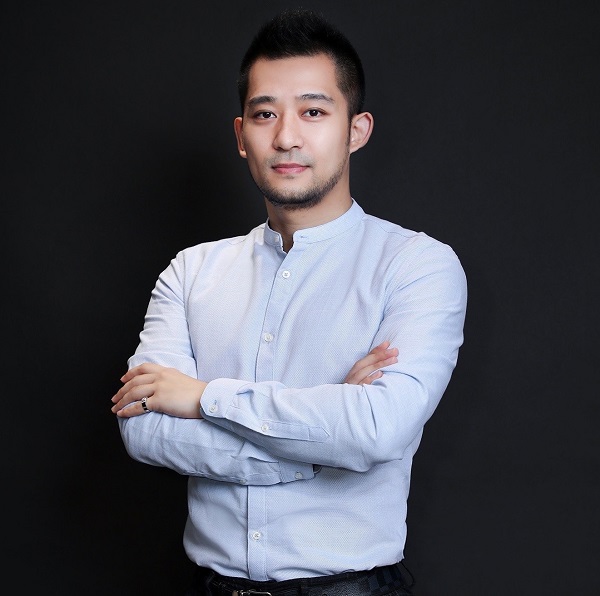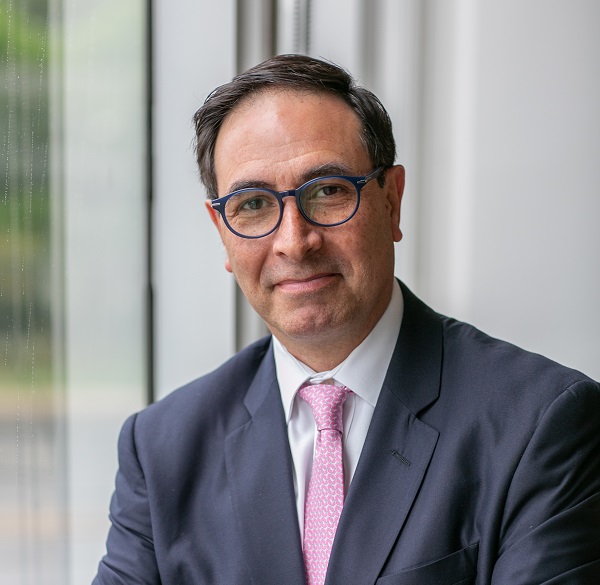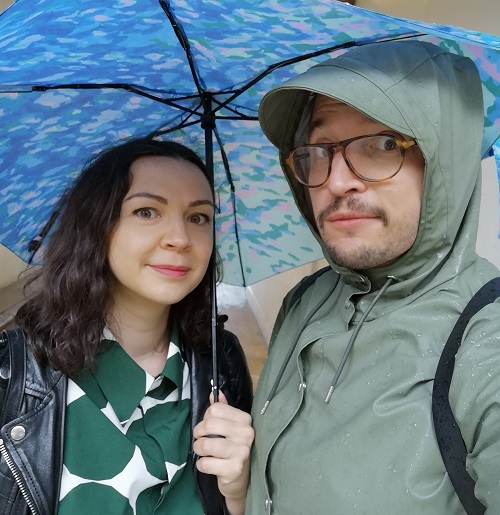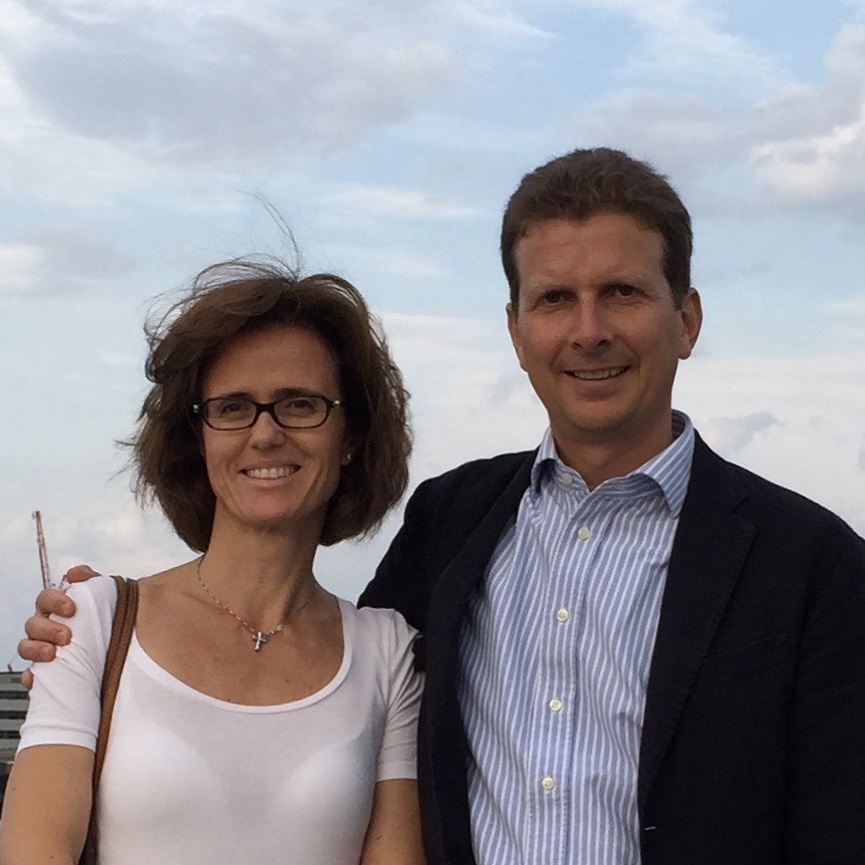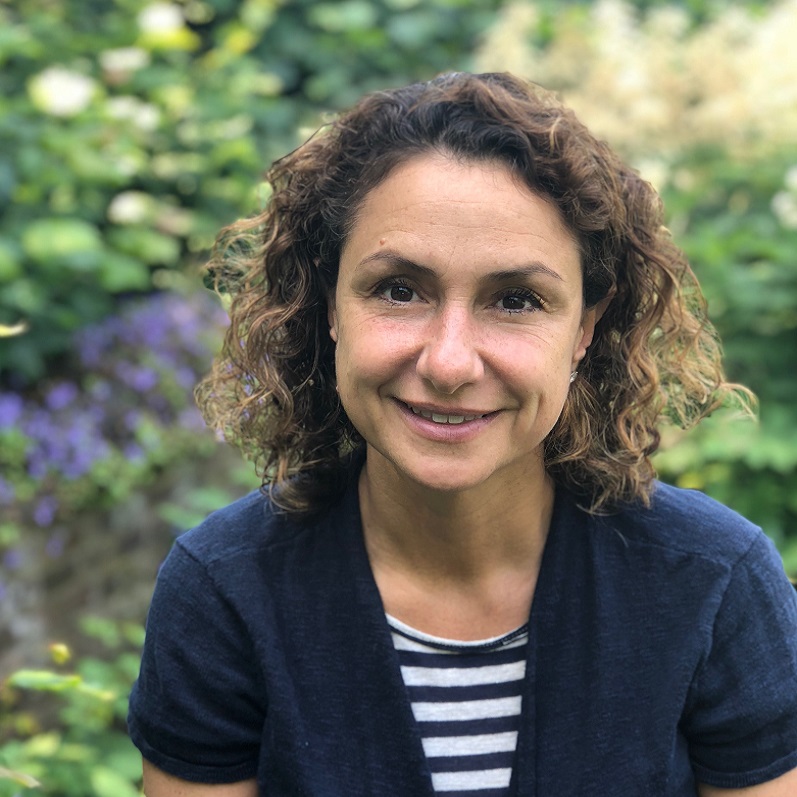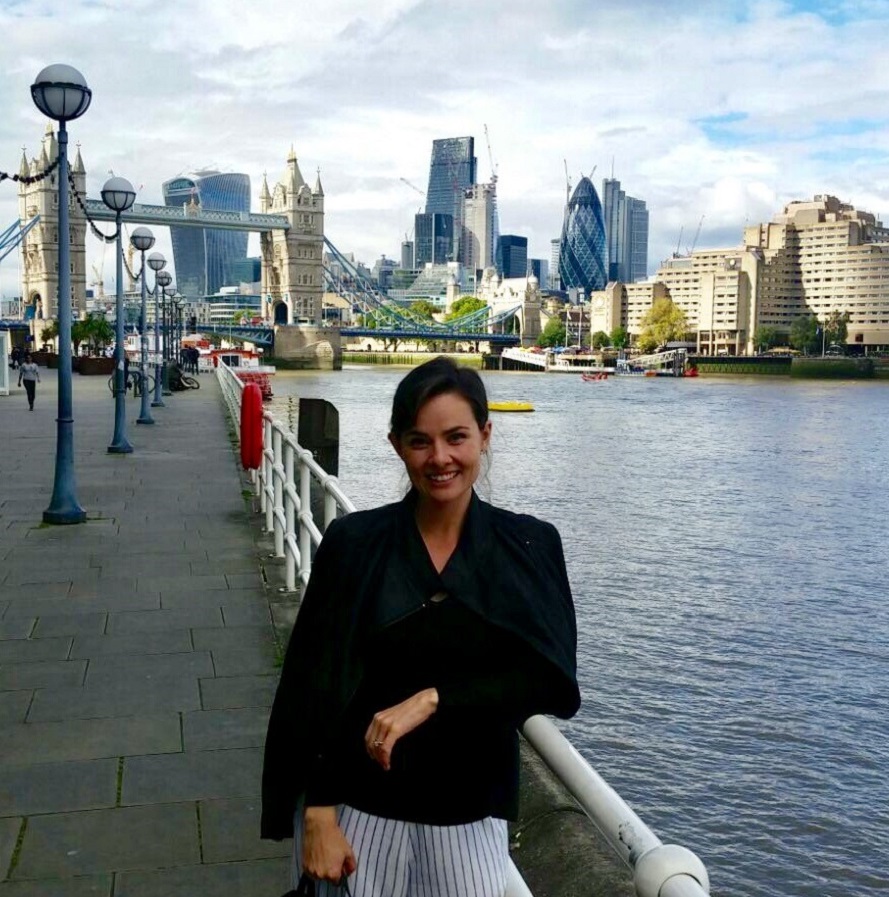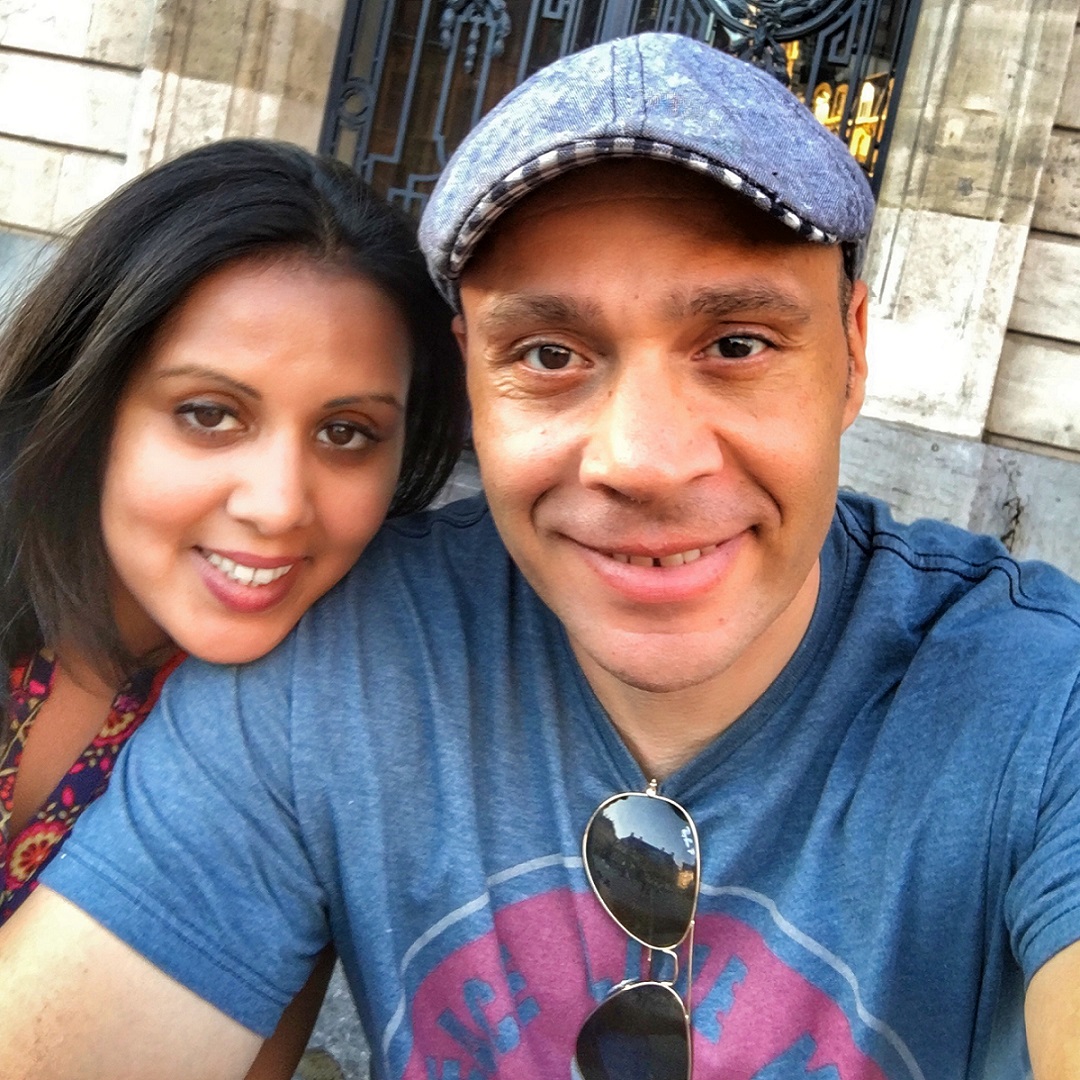Families who relocate to the UK for work assignments are international by nature, but moving can create stresses that many aim to avoid. Some parents worried about education seek out schools that emphasise continuity from the family’s previous location.
But coming to the UK is also a golden opportunity for children from non-English-speaking families or countries to develop strong or even fluent English language skills. Research has long established that children who learn two languages at an early age develop better cognitive skills, from reading and concentration to problem-solving and conflict management.
In a globalising world, nations are becoming more interdependent in trade, technology, and culture. Language learning unlocks access to this evolving community because bilingual people can not only communicate more widely but also build bridges between societies. Equally important, learning in multiple languages gives students a more nuanced perspective on the material they’re studying because they can see it from different perspectives.
Does bilingualism matter for children who already speak English — now the default language of business and entertainment? Absolutely. Counting on other people to span a linguistic gap lessens the opportunity for interpersonal connection and can lead to social misunderstandings. What’s more, there are benefits to bilingualism at a personal level that go beyond international exchange.
The students at our school, for instance, have very diverse backgrounds and needs. Some of them have parents from two different countries, say Britain and France. Or perhaps their parents are both French but grew up internationally attending school in English. Mastering both French and English puts young people in touch with different sides of their identities, helps them appreciate their backgrounds, and boosts their self-esteem.
Will artificial intelligence and instantaneous translation eventually eliminate the need for bilingualism? That misses the point. AI can translate words and sentences, but it can’t replicate the cognitive and conceptual benefits, adaptability, and cultural understanding conferred by knowing two or more languages. Simply put, bilingualism enriches students and their lives.
It also opens doors after graduation. Our students are admitted to universities all over the world — in the US, Canada, the Netherlands, and, of course, Britain and France. This is partly due to their language skills but also because they often have more self-confidence. Their bilingual education gives them a greater awareness of the links between languages and cultures, and they’re less afraid of engaging with other people than students who haven’t had the same opportunity. Furthermore, their ability to tap into sources in different languages helps them develop critical thinking skills and broader understanding of particular topics.
To accommodate the myriad needs of families and communities, our school has crafted curricula that lean more toward French or English tracks — the French baccalauréat or an authorised English-language International Baccalaureate. But in the end, the goals are the same: To give students the knowledge and cultural awareness they need to succeed as global citizens in the 21st century and prepare them for a world that needs their talents to move beyond self-interest into greater mutual support and cooperation.

